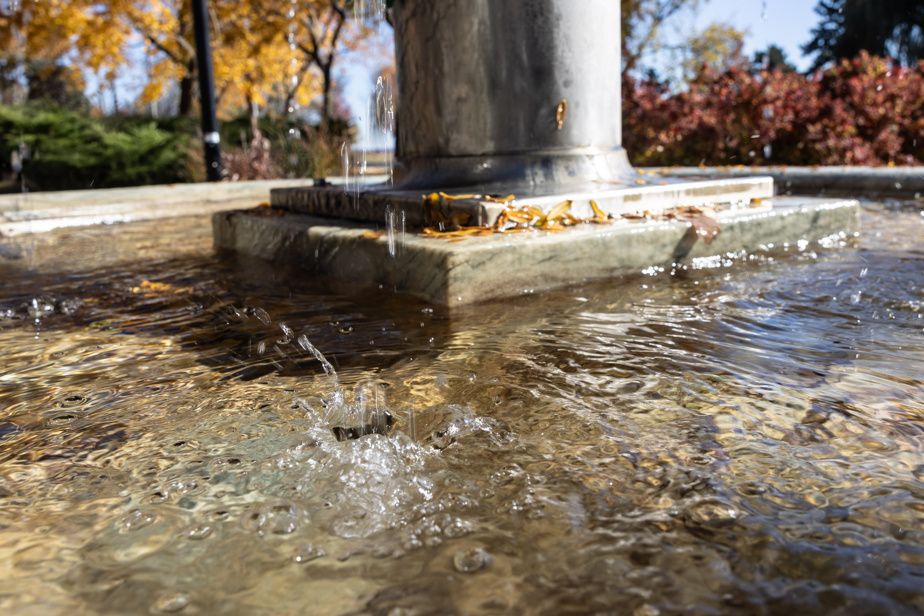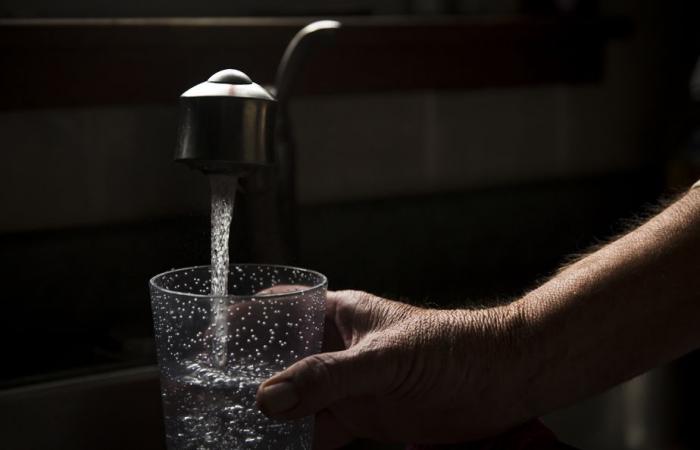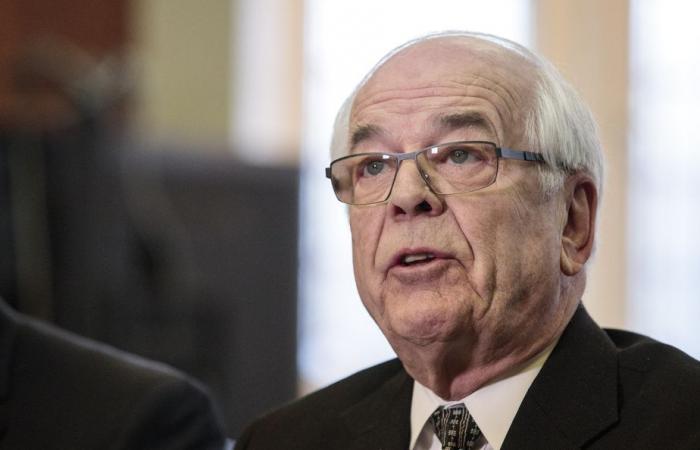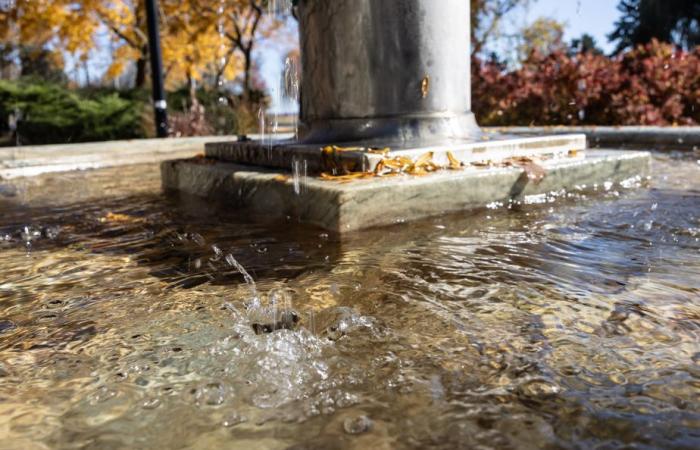The US election is bringing water fluoridation back to the forefront, as the Trump administration has committed to eradicating this public health measure. The debate is also raging in Montreal, where the City has decided to stop fluoridating water in the west of the island by the end of the year.
Posted at 1:12 a.m.
Updated at 6:00 a.m.
“On January 20, the Trump White House will recommend that all U.S. water systems eliminate fluoride from public water. Fluoride is an industrial waste associated with arthritis, bone fractures, bone cancer, IQ loss, neurodevelopmental disorders and thyroid disease,” Donald Trump’s confidant argued in health matters, Robert F. Kennedy Jr., in recent days.
Experts quickly denounced the controversial politician’s comments. Many fear the influence of the former independent presidential candidate, who could inherit a key position in the Republican leader’s administration.
In Montreal, a similar debate is in full swing. More than 20 years after the mergers, the agglomeration has just announced that it would vote on a recommendation to stop fluoridation by the end of 2024. The metropolis has never fluoridated its water, but since the mergers, the City must manage two factories using this process: those in Pointe-Claire and Dorval. These provide 5% of the drinking water consumed on the island.
The decision is already frustrating local elected officials. “They did this without consulting the cities concerned, without talking to us,” bluntly states the mayor of Beaconsfield, Georges Bourelle.
PHOTO HUGO-SÉBASTIEN AUBERT, LA PRESSE ARCHIVES
Georges Bourelle, Mayor of Beaconsfield, in 2018
It is a unilateral decision by Montreal. For me, this is a lack of respect towards the population.
Georges Bourelle, Mayor of Beaconsfield
The Montreal administration affirms that an analysis carried out by its Water Department concludes that fluoride is “a very corrosive product which can damage, in the long term, water infrastructures”, especially that wastewater treatment would not remove fluoride from water. “Fluoride is therefore ultimately released into the St. Lawrence River with little-documented impacts on aquatic fauna and flora,” explains a spokesperson for the City, Hugo Bourgouin, by email.
What does Public Health say?
Georges Bourelle sees things differently. His administration has just adopted a motion at the municipal council on October 21, calling on Montreal to change its mind. “Fluoridation allows everyone to maintain good oral health, especially children. It’s very important for us,” insists the mayor.
Other cities, such as Baie-d’Urfé, are also denouncing the situation. Its general director, Nicolas Bouchard, affirms that Montreal “thus goes against the position of Public Health”.
At Montreal Public Health (DRSP), we maintain that water fluoridation is “an effective intervention to prevent or stop dental caries in children”. In a report submitted to the authorities in November 2023, the DRSP even recommended that the City evaluate “the feasibility and [les] costs to finance the infrastructure required in a scenario of expanded water fluoridation in the Montreal region.

PHOTO MARTIN TREMBLAY, THE PRESS
Pointe-Claire treatment plant where the water is fluoridated
Nevertheless, Public Health emphasizes that “it is largely thanks to the use of fluoridated toothpastes that dental caries has decreased significantly over the last 30 years”. “Most toothpastes […] contain an optimal dose of fluoride,” notes media relations advisor Geneviève Paradis.
This is what made the City of Montreal say that fluoridation “is not necessary for the production of excellent quality drinking water”.
Mr. Bourelle refutes this vision. “It’s all well and good to tell people to buy toothpaste with [du fluor]but not everyone can afford that. Water fluoridation makes it possible to reduce social inequalities in health,” insists the elected official.
Less and less common, but…
To date, in the rest of Quebec, almost all municipalities have abandoned water fluoridation, with the exception of Saint-Georges, in Beauce. However, other provinces, such as Manitoba and Ontario, continue to use this treatment.
If its recommendation to stop fluoridation is approved at the agglomeration level, Montreal says that approximately $100,000 in operating costs will be redirected, annually, “in operating costs towards maintenance efforts on other equipment necessary for the production of drinking water. This sum will also “reduce the asset maintenance deficit”.
“Annual savings of around $25,000 could also be made in purchasing chemical products,” further maintains Mr. Bourgouin.
According to elected officials from the West Island, counter-examples exist across Canada. In Calgary, for example, the City plans to reintroduce water fluoridation next year after having ruled it out since 2011. It was a citizen referendum, following a deterioration in the dental health of children, which made it possible the return of fluoridation in this Alberta city.
The problem is that since then, the costs of reintroducing fluoridation have increased significantly and, according to some dentists, so have dental problems, says Mr. Bourelle. “It demonstrates very well that if we want to retrace our steps afterwards, it will be too late. The mistake will be made,” he adds.








